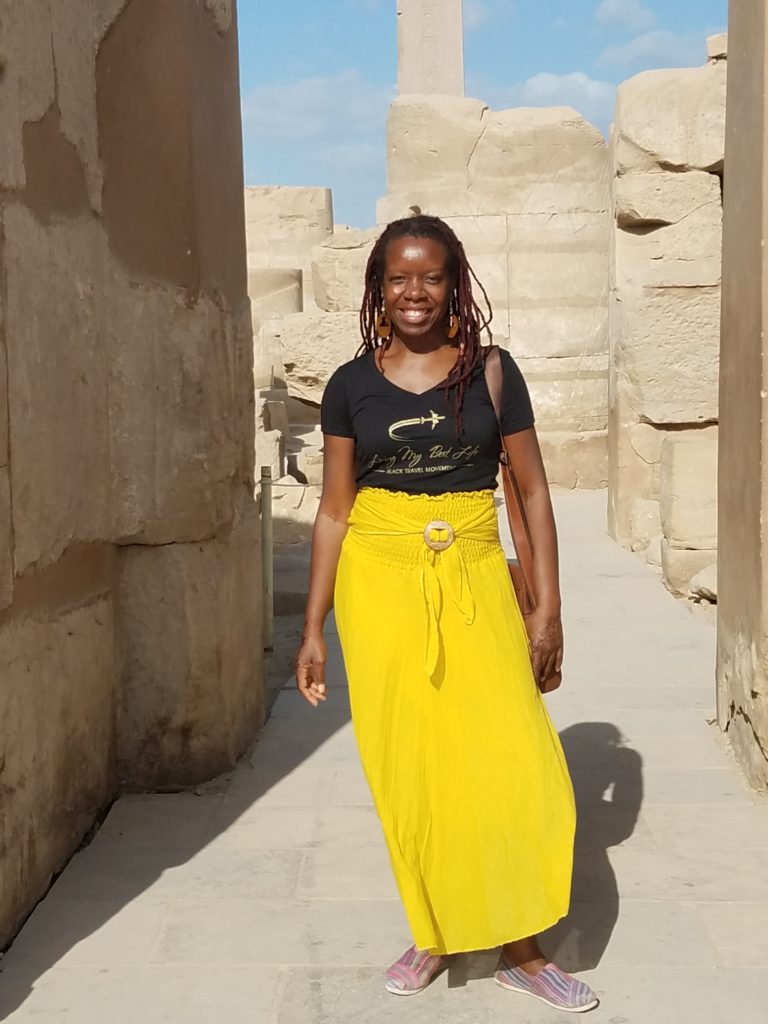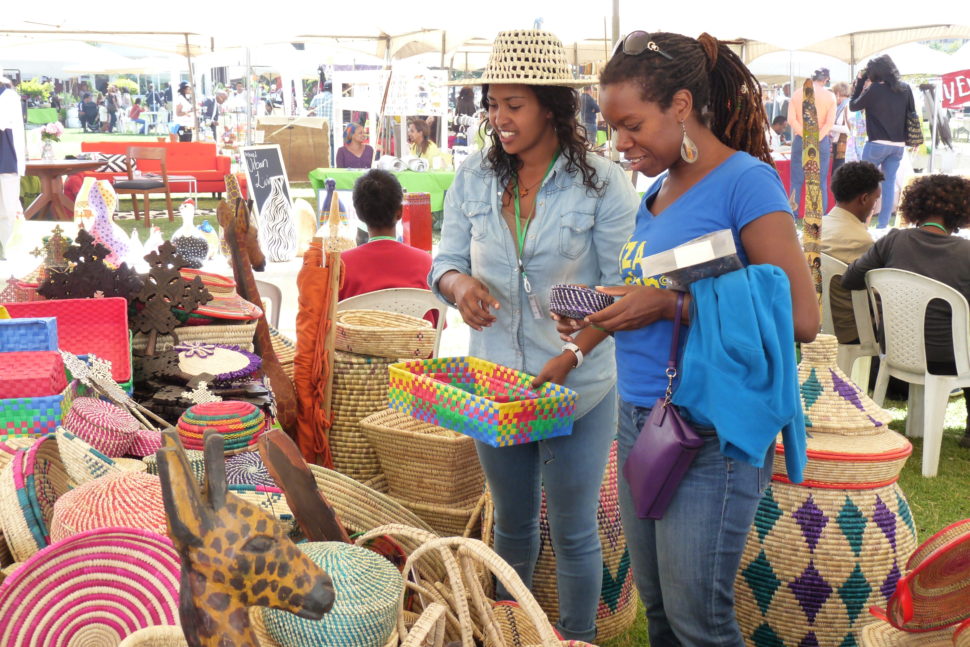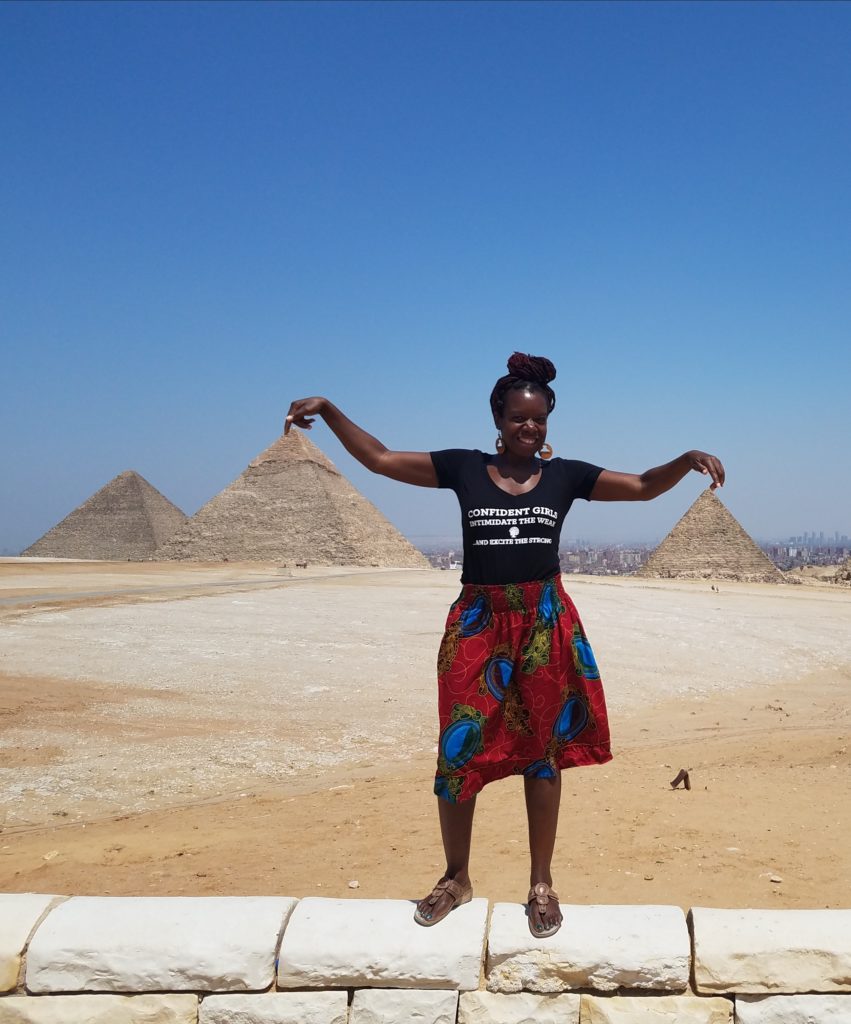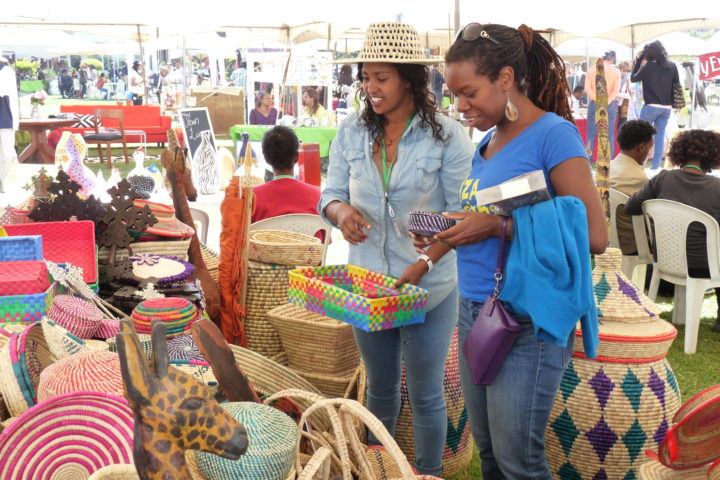Cheryl-Ann is a native of Barbados who moved to the United States when she was 11. She worked for D.C. Public Schools before making her move abroad eight years ago. She now works as a school counselor in Cairo, Egypt.
We spoke with her about her life as a Black Expat over the years.

Travel Noire: Why did you make the move abroad?
Cheryl-Ann: I moved to the Dominican Republic in August 2010 to work at an international school because I was on the verge of burning out while working in D.C. Public Schools and I needed a change of pace. Initially, I thought I would be out of the country for only a year and I would return to Maryland. But I chose to stay and keep going because I loved the change of pace in my work life that I experienced in the DR. Even though my salary was significantly less, I had a better work-life balance, I was less stressed, and enjoying life a lot more. As a Caribbean girl, the DR was the perfect first placement because I was close to the ocean and in tropical weather.
TN: How and when did you wind up in Ethiopia?
Cheryl-Ann: I moved to Ethiopia in August 2014 to work at an international school after I left the school in Jamaica because I wanted to live on the African continent and achieve my dream of going to South Africa. The job in Ethiopia was my third international school experience, and it was my favorite job to date because of the work, the students and my colleagues.

TN: What was life like in Ethiopia?
Cheryl-Ann: What was the most surprising about my experience in Ethiopia was that people sometimes treated me poorly because I have dreads. A lot of Ethiopians have a tenuous relationship with the rastas who were given land by Emperor Haile Selassie. They assumed that I was a rasta based upon my looks. I left because Ethiopia was a difficult place to live. I disliked the food; the internet sucked so it made it difficult to stay connected and stream shows, I had regular stomach issues, and it was chilly most of the year due to the high altitude. The hygiene in bathrooms was lacking; sometimes there was no soap or toilet paper in local restaurants and bars. The health care was below my standards.

TN: When did you move to Cairo?
Cheryl-Ann: I have been in Cairo since April.






